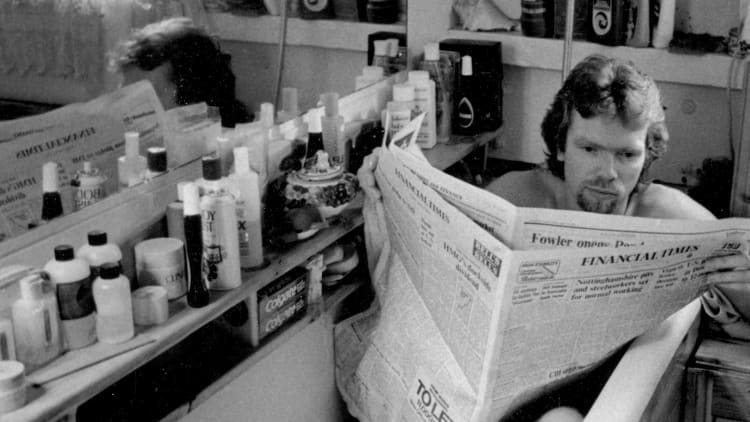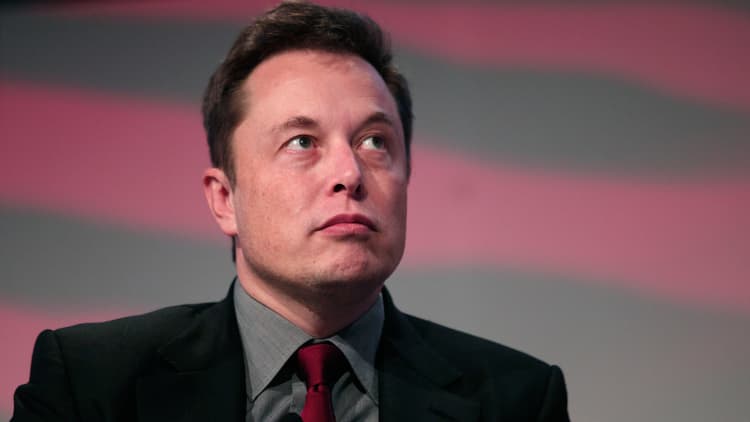The 9-to-5, Monday-to-Friday grind got you down?
Take solace: That will one day be history, according to billionaire British serial entrepreneur Richard Branson.
"The idea of working five days a week with two day weekends and a few weeks of holiday each year has become ingrained in society. But it wasn't always the case, and it won't be in the future," Branson writes in a post on his blog Tuesday.
That's because technology will change jobs currently held by humans, Branson says.
Why 3 or even 4 day weekends could be a reality for most people in the future
"As Google's Larry Page and others have said, the amount of jobs available for people is going to decrease as technology progresses. New innovations will drive industries forward, but they will also reduce our reliance on people power," Branson says. "Ideas such as driverless cars and more advanced drones are becoming a reality, and machines will be used for more and more jobs in the future. Even pilot-less planes will be become the reality in the not too distant future."
Branson is not alone in this viewpoint.

Tesla and SpaceX boss Elon Musk has issued dire warnings about technology usurping human jobs.
"There certainly will be job disruption. Because what's going to happen is robots will be able to do everything better than us. ... I mean all of us," Musk told the National Governors Association in 2107.

"On the face of it, this sounds like bad news for people," Branson admits (and Elon Musk certainly thinks so).
But unemployment rates will be about the same in 20 years, even if the kind of jobs have changed, according to Rob Atkinson, founder and president of the Information Technology and Innovation Foundation writing in the Bureau of Labor Statistics' Monthly Labor Review.
And if "governments and businesses are clever, the advance of technology could actually be really positive for people all over the world," says Branson.
For example, governments should pay for workers to be retrained, Branson says, and there will need to be a way to keep people's income the same.
But with solutions to such issues, more technology could help create "smarter working practices," says Branson. "Could people eventually take three and even four day weekends? Certainly. Will job-sharing increase? I think so," he says.
If we all work smarter, we won't have to work longer
Microsoft cofounder and billionaire Bill Gates has also said advancements in technology will mean more time off.
"Well, certainly we can look forward to the idea that vacations will be longer at some point," Gates told FOX Business Network in January. "The purpose of humanity is not just to sit behind a counter and sell things. More free time is not a terrible thing," says Gates.
Branson believes more people will be able to have what he has: "I'm lucky in being able to work wherever I am, at any time, and don't see work and play as separate – it's all living," Branson says. "I think this will be the case for more and more people in the future, to the benefit of businesses, countries and individuals."
See also:
Billionaire Bill Gates on the impact of A.I.: 'Certainly' we can look forward to longer vacations
Warren Buffett and Bill Gates think it's 'crazy' to view job-stealing robots as bad
Elon Musk: 'Robots will be able to do everything better than us'

Like this story? Subscribe to CNBC Make It on YouTube!


